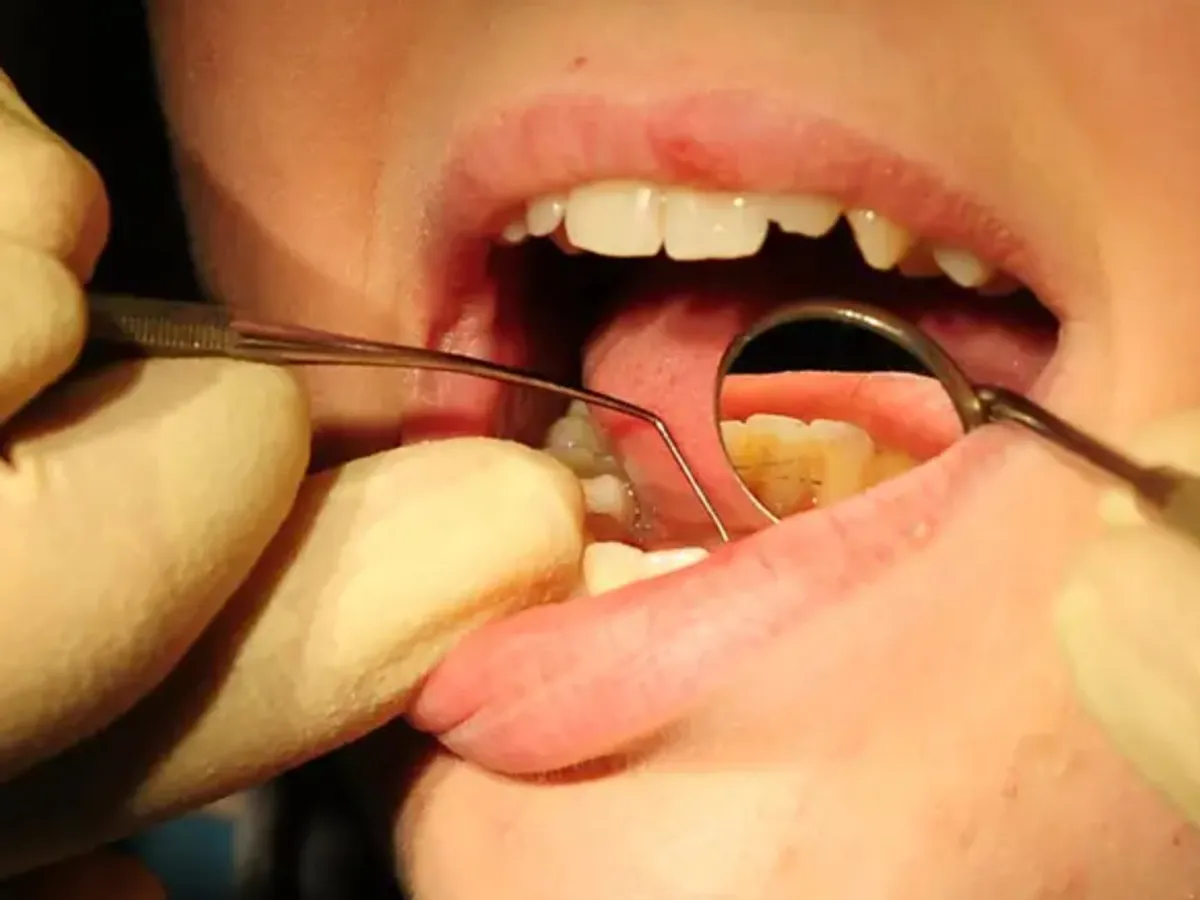New statistics show two in five Year Six children in Wolverhampton West have bad tooth decay and Sandwell child obesity is high
By Clara Margotin,Data Reporter
Copyright expressandstar

New analysis by The Food Foundation has revealed “shocking” health and dietary inequalities across England, with dental decay, obesity, diabetes and shorter life expectancy afflicting deprived constituencies.
The charity called on the Government to target action where it is needed most, after Sir Keir Starmer pledged “to create the healthiest and happiest generation of children ever” ahead of last year’s election.
Funded by the Nuffield Foundation, using government data and calculated by the London School of Hygiene and Tropical Medicine, The Food Foundation’s new Health and Diet Inequalities Dashboard includes updated estimates of the health status of people across the country.
It estimates 39.4 per cent of year six children in Wolverhampton West had tooth decay in 2022, while the average stood at 10.6 per cent in England.
Whereas only 1.48 per cent of year six children suffered from dental decay in affluent Brighton Kemptown and Peacehaven, Brighton Pavilion, and Hove and Portslade constituencies in the South East.
Other health indicators in the Black Country also showed a worrying trend.
Statistics show 31 per cent of year six children were living with obesity in Smethwick and West Bromwich, and 30.2 per cent in Wolverhampton West compared to just 11.3 per cent in St Albans in the East of England.
Dr Hannah Brinsden, head of policy and advocacy at The Food Foundation said the new health and diet inequalities dashboard highlights “stark inequalities” across the country, as well as “the detrimental impact that our food system is having on our health.”
She added: “The Government’s Food Strategy is a huge opportunity to reduce these regional inequalities and improve the healthiness of our nation. “By focusing on national action to improve our food environments, alongside harnessing the power of local leadership, bringing together local businesses, community enterprises and producers, we can ensure that everyone has access to more nutritious, affordable food, no matter where they live.”
Paul McDonald, chief campaigns officer at Health Equals, said: “Food is an essential building block of good health that we should all have access to, no matter who we are or where we live.
“If the Government is serious about tackling health inequalities, they need to take urgent action on food insecurity, so we can make health equal across the nation.”
Reacting to the figures, a Department of Health and Social Care spokesperson said: “Through our Plan for Change, we will create the healthiest generation of children ever, limiting kids’ access to fast food and cracking down on junk food advertising.
“We are launching a world-first partnership with food retailers and manufacturers to help families make healthier choices and reforming the soft drinks industry levy to ensure it continues to work effectively to reduce sugar consumption.”
“We are also rolling out supervised tooth brushing for three-to-five-year-olds in the most deprived communities and have already begun the rollout of 700,000 extra urgent dental appointments.”



